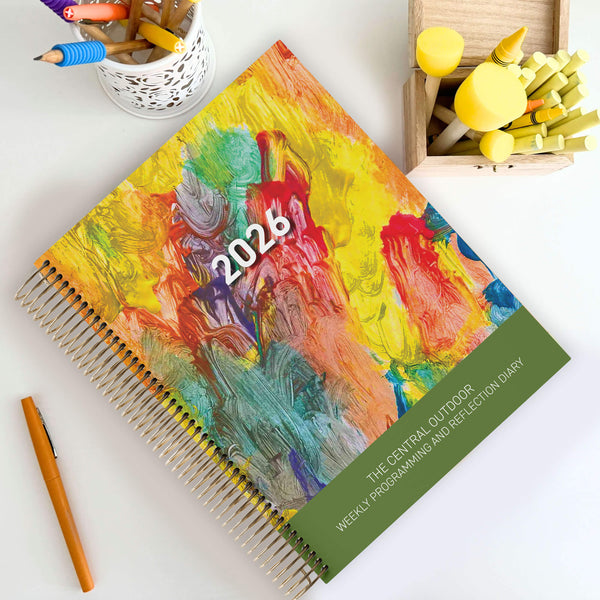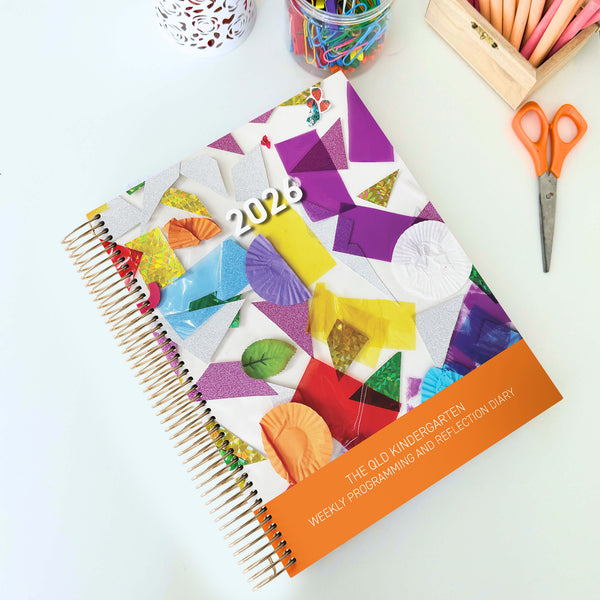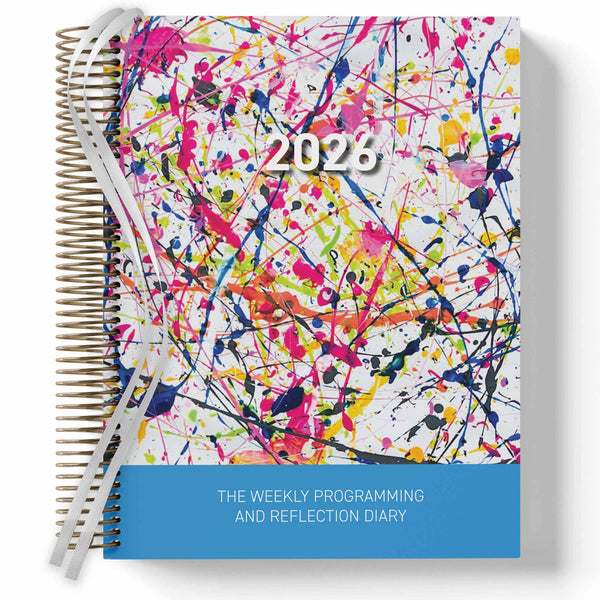We saw a question raised in a Facebook group, if the department were to visit and you had not completed your program for the day or had completed different experiences than what was written - will this impact your Assessment?
The Short Answer
Nope! This will not impact your Assessment if approached correctly.
The Long Answer
No, this will not impact your Assessment and Rating if you show what you actually did and why.
For example, you may have programmed a game of snap to extend on children's card game interests from the previous week. However, once it was time for group time, the children requested The Very Hungry Caterpillar story instead. Your program shows a game of snap at group time but you actually read a story.
So, how do you approach this? This is exactly what your reflection spread is for. You would document what occurred in the example above and reflect on the change in your program to follow a child-led experience. The reflection will help us understand why this change occurred - were they just not interested in snap? Are they showing an interest in books? Or is it the specific book they requested?
What happens next? You would use this information in your reflection spread to plan for the following week. Depending on whether the children's interest was based on the act of story reading or the Very Hungry Caterpillar itself (this question would be hypothesised or answered in your reflection) you would plan for the following week to meet this interest. Your program may show more stories at group time or may show a Very Hungry Caterpillar extension.
A program is simply a plan - it is your intention. What you PLAN to do and what you ACTUALLY do are very likely to change when you plan ahead and of course, in Early Childhood we plan ahead based on the cycle of planning. A successful, child-led program will show variations and changes as children's interests emerge and extend throughout the week.
Remember, children's interests - their voice - should be the foundation of your program. We aim not to rush children and to follow their lead which can lead to time running out to complete certain activities, changes in interest, or any other number of things.
An analogy. We saw a great analogy - a program is like an itinerary to a holiday you've booked. You have some great plans of what you're going to do each day and when but when you're actually on that holiday it changes due to interest, time restrictions, availability, etc.

So, What's the Key to a Great Program?
Pre-plan using the planning cycle BUT prepare to be flexible, to change, AND to explain why you changed, reflect on these changes, and use these changes to create the following week's program. You can learn more about the Cycle of Planning here or in our Cycle of Planning Professional Development Training.

The Butler Method simplifies this process with our week program spread followed by a reflection spread which will form the foundation of the following week's program making your cycle of planning visible to all - families, educators AND assessors.































